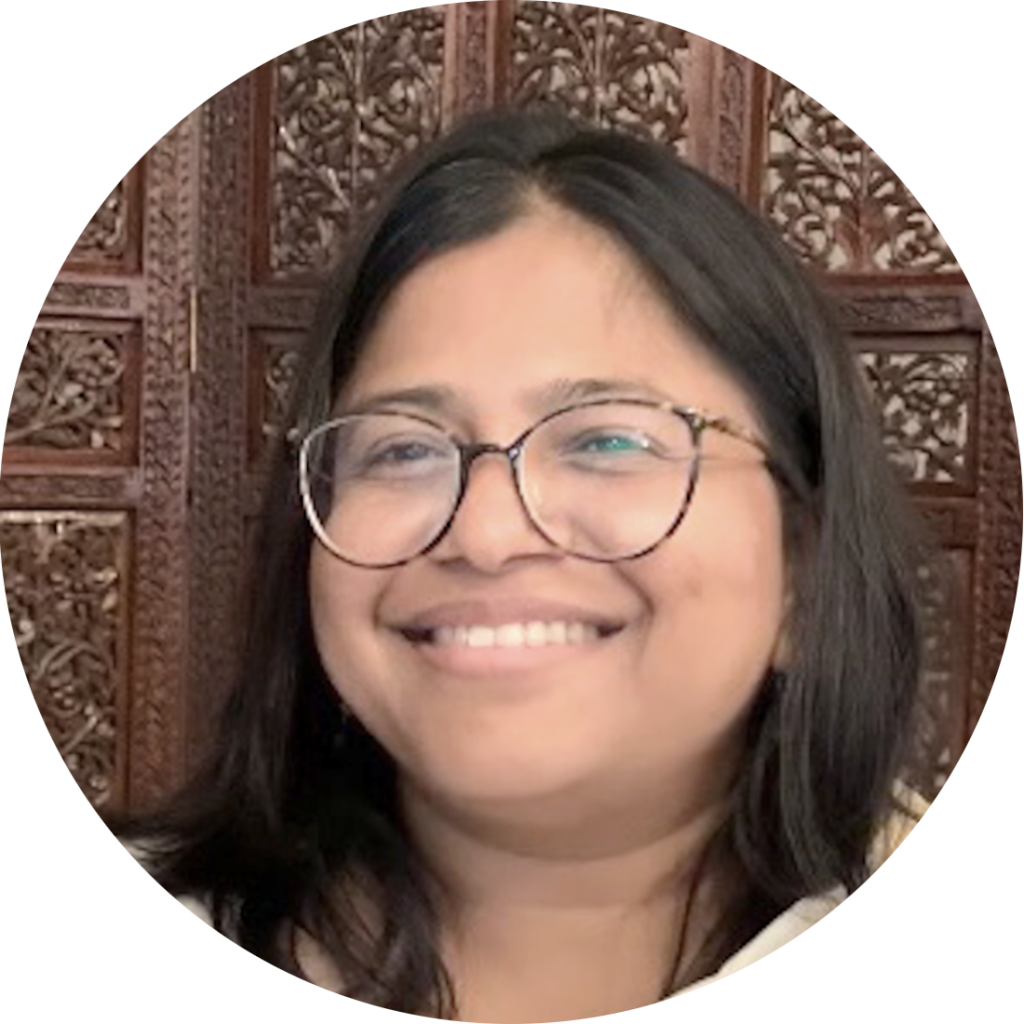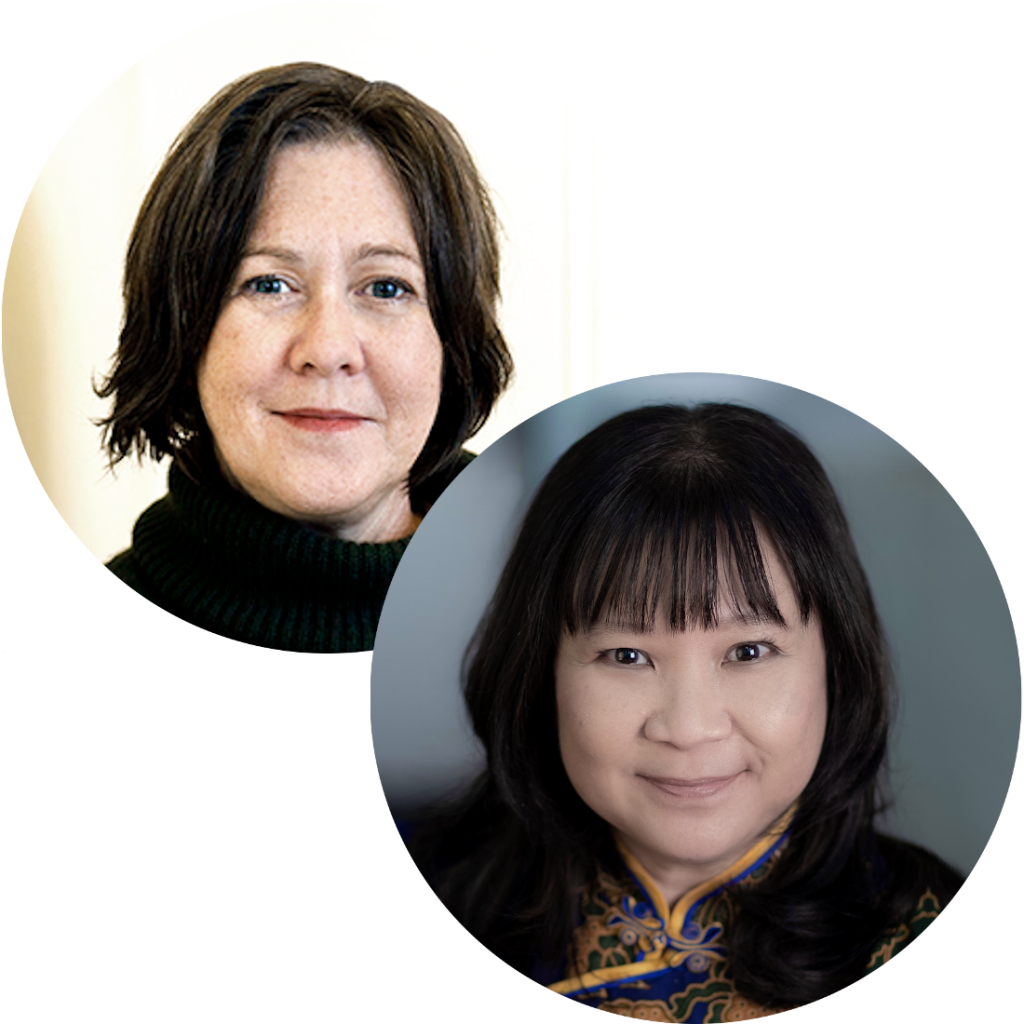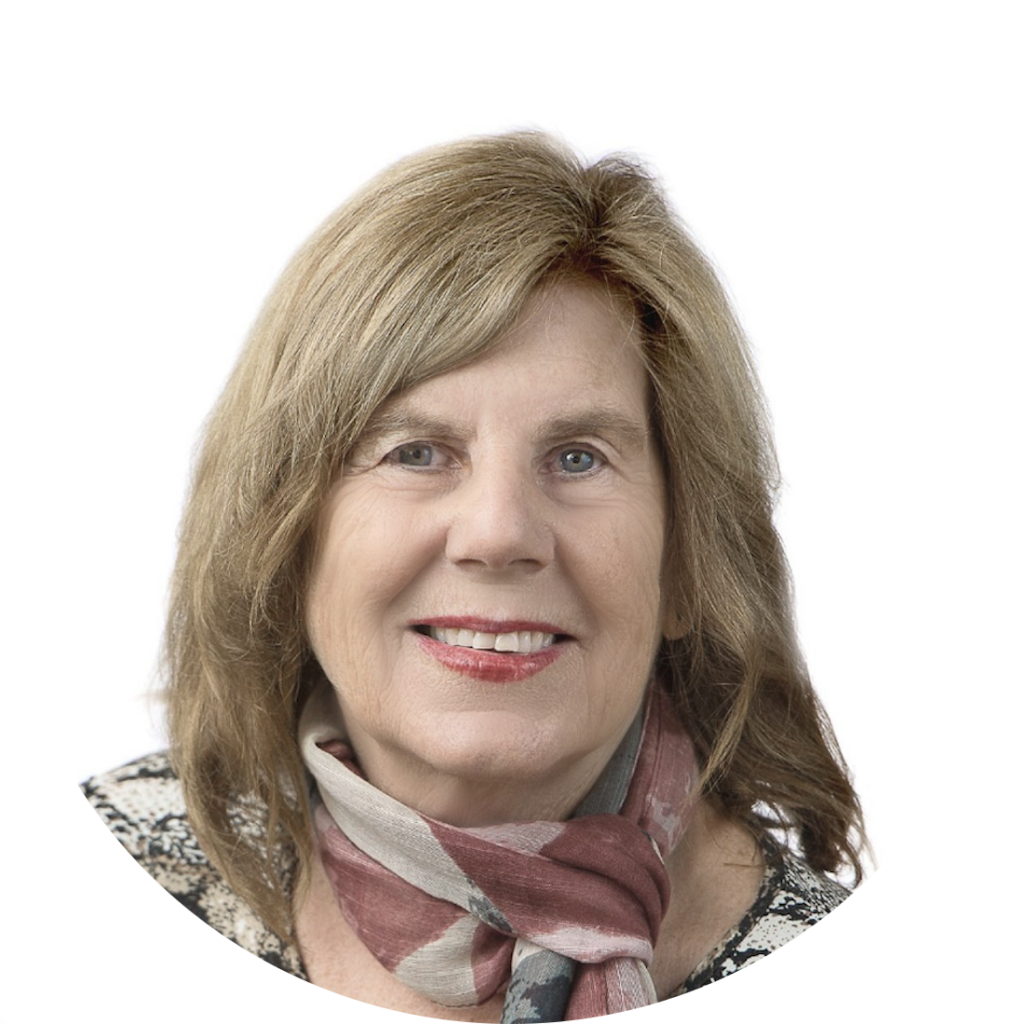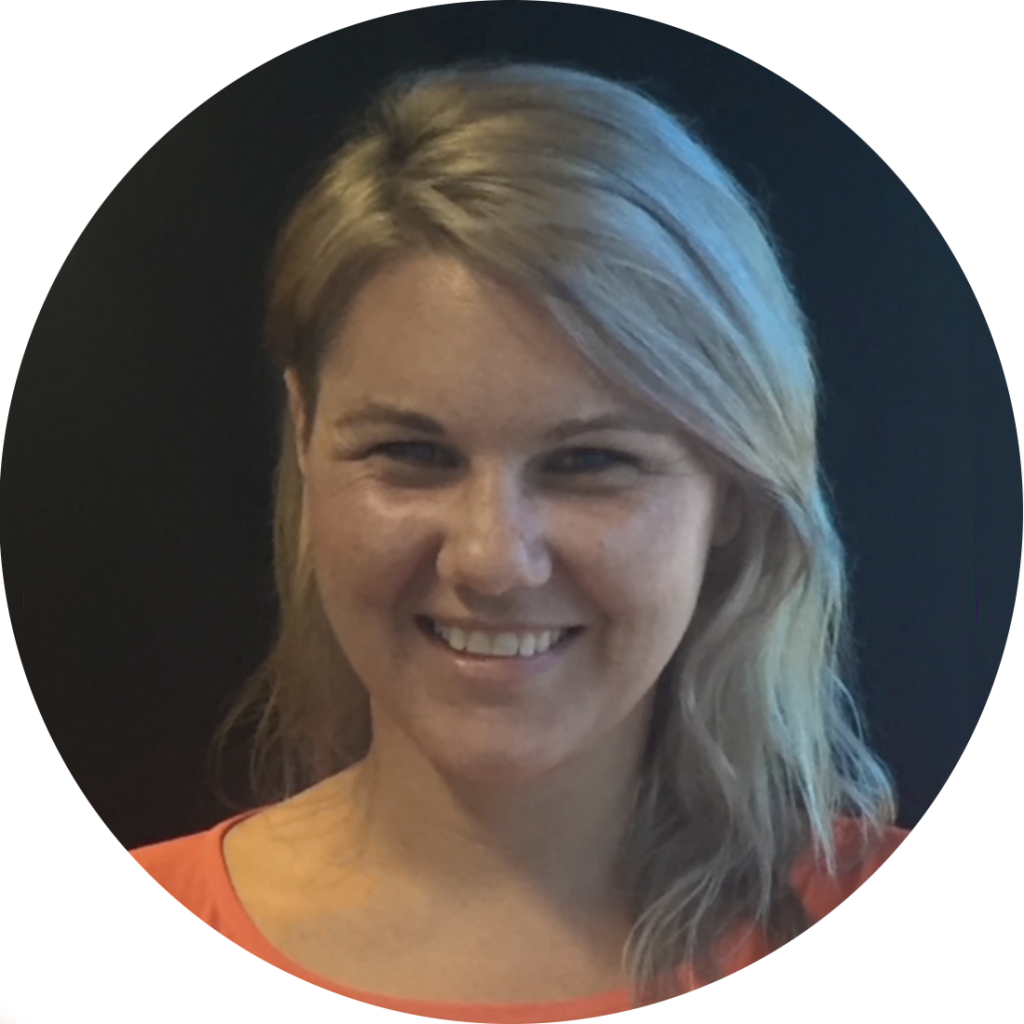🔖 PRESENTATION
Paper (parallel)
📆 DATE
Thursday 9 Sep 2021
⏰ MELBOURNE TIME
11.00 am - 1.00 pm
⏰ LOCAL START TIME
time start

Ms Vartika Jaini
Founder, Vriddhi Rural Prosperity Services, India
Vartika is a rural development and group relations practitioner. She is a founder of Vriddhi Rural Prosperity Services, a startup focused on accelerating impact in tribal pockets of central India. As a development practitioner, she has played an active role in incubating a number of institutions and initiatives in themes including livelihoods, human and institutional development, youth development, arts, education and health. She is a Chevening Gurukul Fellow at Kings College London. An associate of Group Relations India, Vartika has been associated with group relations work and conferences since 2010 in roles of member and as staff. Vartika has graduated with a Bachelors in Economics from Delhi University and has a Post Graduate Diploma in Rural Management from the Institute of Rural Management, Anand, Gujarat. She lives in New Delhi.
Unconscious dynamics and their influence on our methods of inquiry: Case of the non profit sector
Social change is a complex and dynamic area. The primary task of a social justice or rural development initiative is to help the client system to increase its control of its environment. Rural development practice requires an understanding of context, working with power dynamics, advancing leadership and building institutions among others. Working to task needs both knowing the present and sensing the emergent. Action research, diagnosis studies and participatory rural appraisals have been the rural development practitioners’ tools for the journey from ‘Not knowing’ to ‘coming to know’. Monitoring learning and evaluation has acquired increased significance in organizations, with accountability and disclosure requirements. Understanding the history and experience of these tools informs the context of this paper.
The paper starts with examination of the wider system psychodynamics of the nonprofit sector. It builds a hypothesis of unconscious dynamics in the non profit sector. Primary task shifts from one of passing the mic i.e. helping client system to change the force field so that they can exercise greater influence on their environment, to unconsciously becoming the mic i.e amplifying itself/themselves. In the gravity and urgency of the social change agenda, the space reduces for playfulness which is needed to hold an alternative reality. It increases risk where taking of action itself, gives satisfaction. The nonprofit system becomes concerned with its own processes and runs the risk of becoming a club.
In the second section, the paper is led by the exploration – How does this web of system level psychodynamics interface or influence the methods of ‘knowing’? The paper discusses dilemmas and offers some hypothesis to understand their interplay. When good intentions are a defense, access is more ready to those parts of one’s experience that reinforce one’s ‘cherished assumptions’, one’s listening and observing is influenced – even when using a participatory method. As one’s identity is held, almost fused, with one’s professional identity, own ambition, ‘picture in the mind’ of success and failure influence ones receiving of data and diagnosis of problems. The knowing process gets influenced by what the exercise represents to the organization in which one is a role holder.
The paper closes with locating possible enablers for practitioners to work with these dilemmas. It explores systems and methods that may lift awareness of organisations to unconscious dynamics. It also identifies some elements of the group relations framework that may help development sector practitioners stay alert to these dynamics, enabling them in ‘knowing’ better and working towards the task of social change.
⏰ DURATION
120 minutes
Day(s)
:
Hour(s)
:
Minute(s)
:
Second(s)
Session schedule
5 MINS
Introduction
30 MINS
Paper presentation
20 MINS
Small group discussion; impressions of the paper and developing questions for the presenter
20 MINS
Discussion forum with the presenter; moderated for the speaker to elaborate their ideas
10 MINS
Discussion forum with the presenter; themes from the discussions
5 MINS
Break
30 MINS
Whole symposium open reflection discussion
Share this presentation!
Parallel Paper Presentations
The following are presenting at this time

DR NUALA DENT
DR ANITA TAN
Organisational stuckness: Exploring the paradoxes of change

MS VARTIKA JAINI
Unconscious dynamics and their influence on our methods of inquiry: Case of the non profit sector

PROF SUSAN LONG
The fundamental methods in psychoanalytic and socioanalytic research: free association, the case study and transference.

